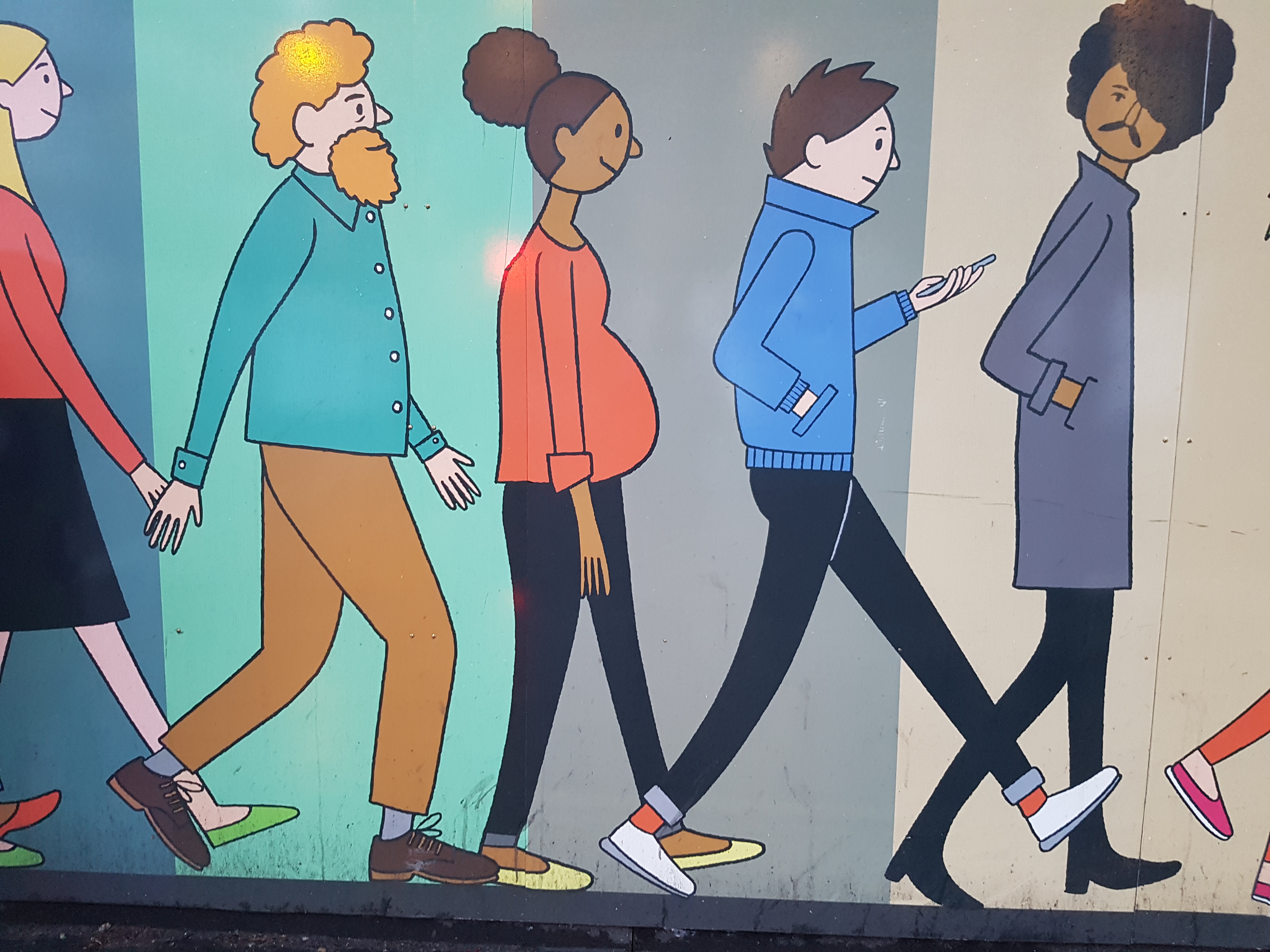In 2014 we published a first study investigating the relative effects of Internet-based vs. face-to-face cognitive behavior therapy. The study was picked up by the Wall Street Journal
During the last two decades, Internet-delivered cognitive behavior therapy (ICBT) has been tested in hundreds of randomized controlled trials, often with promising results. However, the control groups were often waitlisted, care-as-usual or attention control. Hence, little is known about the relative efficacy of ICBT as compared to face-to-face cognitive behavior therapy (CBT). In the present systematic review and meta-analysis, which included 1418 participants, guided ICBT for psychiatric and somatic conditions were directly compared to face-to-face CBT within the same trial. Out of the 2078 articles screened, a total of 20 studies met all inclusion criteria. Results showed a pooled effect size at post-treatment of Hedges g = .05 (95% CI, -.09 to .20), indicating that ICBT and face-to-face treatment produced equivalent overall effects. Study quality did not affect outcomes. While the overall results indicate equivalence, there have been few studies of the individual psychiatric and somatic conditions so far, and for the majority, guided ICBT has not been compared against face-to-face treatment. Thus, more research, preferably with larger sample sizes, is needed to establish the general equivalence of the two treatment formats.
Read the full paper (open access):
Carlbring, P., Andersson, G., Cuijpers, P., Riper, H., & Hedman-Lagerlöf, E. (2018). Internet-based vs. face-to-face cognitive behavior therapy for psychiatric and somatic disorders: An updated systematic review and meta-analysis. Cognitive Behaviour Therapy, 47(1), 1-18. doi:10.1080/16506073.2017.1401115
